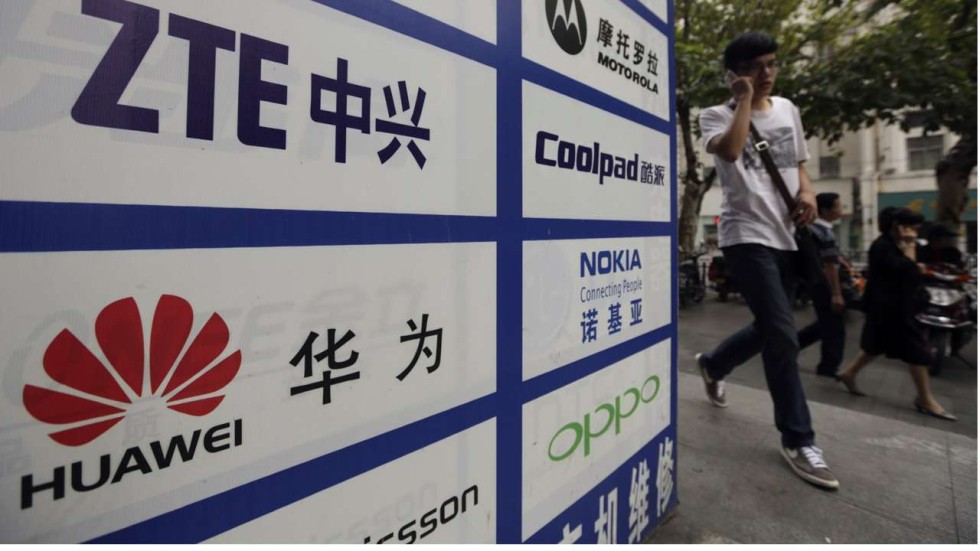
The thing with smartphones is that
it is pretty much the same idea. The technology within it is not very
high tech and it is easy for any company to build them. Everyone uses
it, the margins are lower and Chinese electronics companies with a cost
advantage are taking over. That being said, there are still very high
tech components inside a smart phone that require intricate, and high
tech manufacturIng. Ceramic capacitors made by Murata electronics, CMOS
sensors made by Sony, NAND flash made by Toshiba etc. compose a large
portion of the high technology components are still Japanese technology
in smartphones. But in general, most consumer electronics are no longer
really "”high tech”. Any company can buy the components and stick them
together. Our society tends to view these very visible pieces of
technology as high tech because we use them everyday and are very
visible. That being said, it is likely in no time these pieces of
technology become easier to make and are no longer hard for competition
to produce: in other words Chinese and other Asian companies will find a
way to make them. Technologies such as lithium batteries used to be
very expensive, but have become cheap and easily adapted.
Many
of the Japanese electronics companies have either collapsed due to
margin degradation or have moved away fron Consumer electronics. They
have adapted their technology in niche or higher tech or margin
industries. Take for example, Fujifilm. They still produce film and
cameras, but what isnt well known is that they have a big chemical and
biomedical business developing new drugs. Hitachi which used to be seen
making people's microwaves and TVs produces high speed trains, steam
turbines, MRI scanners etc. Panasonic is into developing high capacity
lithium batteries, avionic software systems etc. Toshiba medical (now
owned by Canon) produced diagnostic chemistry analyzers, MRIs, etc.
That
being said, Japanese electronics did/does have a huge flaw. They are
not well adept with software and integration. Consumer tech has moved
more toward software, internet application and services. Companies like
Apple I would argue are not an electronic manufacturer per say, but more
a service company. Apple doesnt make or produce the iPhone, but buys
the components to make a phone and what people pay for the phone is more
paying for the system itself (iTunes, iCloud, iOS etc.). Japanese
companies were well designed for the analog world, prodiving quality
workmanship, and durable products. While this fine, it was only a matter
of time when cheaper competition catches up and the quality becomes
good enough. This can be seen in the kind of products they sell. Sony is
still a major player in producing CDs, Blu-ray disks and were pushing
things like MD discs etc when people have moved toward streaming and
cloud storage.
Many Japanese companies have
moved to understand this, gone out of business or abandon their consumer
electronics roots and move to higher margin businesses. My answer to
your question is three fold. 1) Consumer electronics is no longer "high
tech" 2) China and other countries like S Korea and Taiwan have caught
up and have an advantage of lower cost 3) Japanese manufacturers were
weak in software integration so their products were not adapted to the
digital, cloud, computing world.

Comments
Post a Comment